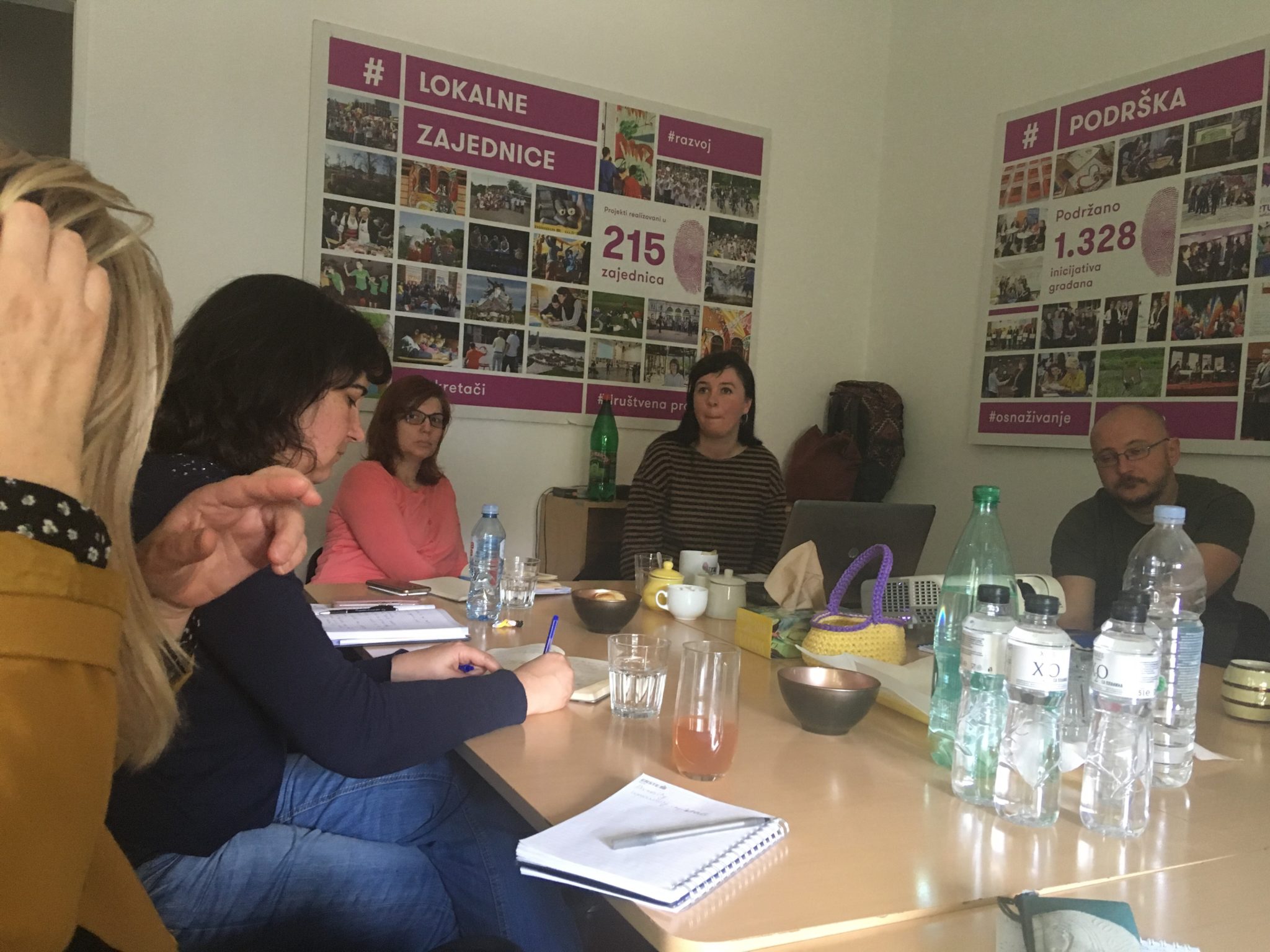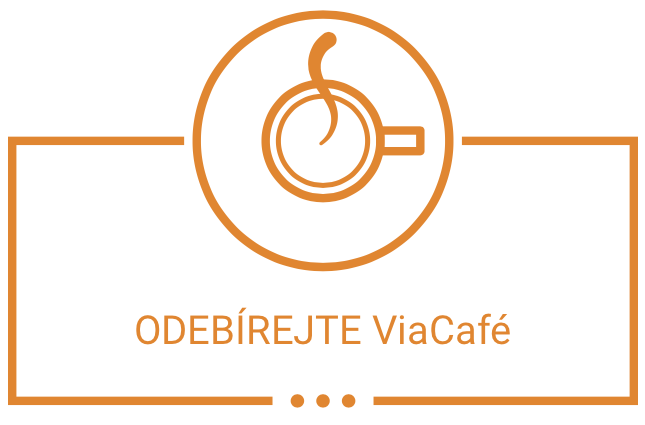In May 2019 our CEE partner organization network enabled an exchange visit between the Hungarian Association for Community Development (HACD) and TRAG Foundation in Serbia. Kitti Boda and Lucia Csabai from HACD share what they learned during the visit.
Moments from the exchange visit
One of the greatest benefits of the international ViabilityNet 3.0 CEE partner organization network is discovering similarities between our member organizations. Based on these resemblances we are able to discuss some very important issues on a deeper level, which provides opportunities to advance our work and brings each of us new sources of inspiration. What areas do I mean? For instance, the current challenges of the national contexts in different CEE countries, mechanisms in civil society, similar community development programs, etc.
During the second meeting of the CEE partner organization network, we recognized how the atmosphere of the Central and Eastern Europe region helps us create an incentive working environment. In these circumstances we decided that we would like to visit our Serbian partner, TRAG Foundation – a wish that soon became a reality with the support of the CEE network.
Why were we so convinced that this exchange visit would be beneficial? Firstly, we identified that HACD and TRAG Foundation have very similar community development methodologies, which was a good common basis. Secondly, we were aware that their work incorporates three different fields: community development, advocacy and fundraising. One of them, fundraising, had been completely missing from our organization’s work until now. So we were very interested in learning how we can develop our organizational environment based on these three fields. Let’s start with their first program.
For almost two decades, TRAG Foundation has supported local grassroots initiatives by providing financial and professional support for problem-solving based on common action by local community members. Through the Active Communities program, TRAG Foundation encourages more active participation and joint civic actions while contributing directly to citizen capacity building processes.
After one or two successful applications in this program, these communities are able to continue their community actions with the support of the Advanced Community Advocacy Program and Program of Successful Fundraising. The advocacy program helps local communities to experience their direct influence on problem-solving.
We were very impressed by this supporting methodology, which enables communities to build on the results of their participation in previous programs and also creates links between these three fields and these three different programs. We had a chance to understand how TRAG Foundation finds a balance between these programs. It was one of the main issues that we would like to address or at least understand in Hungary.




